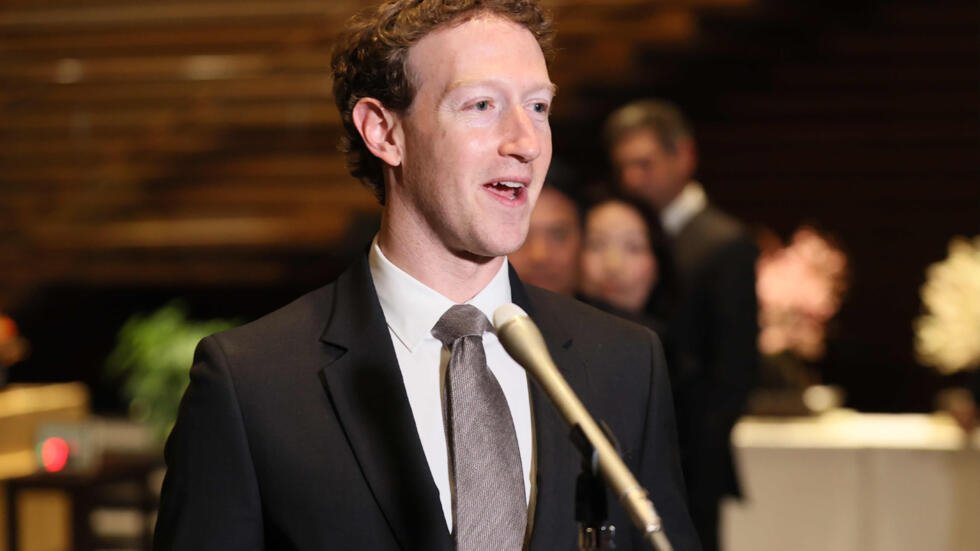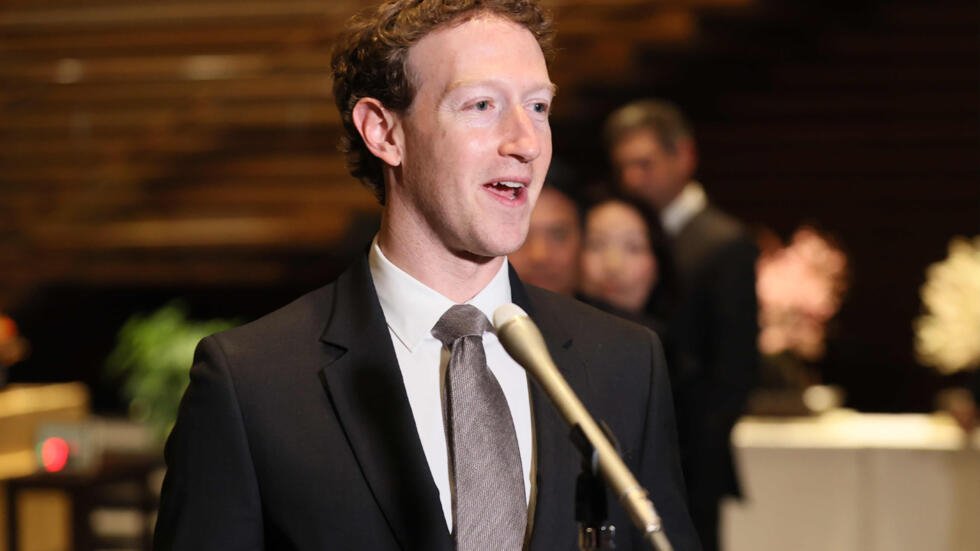Zuckerberg Admits Meta Caved to Biden Administration’s Demands to Censor COVID-Related Content

In a significant revelation, Meta CEO Mark Zuckerberg recently acknowledged that his company, formerly known as Facebook, complied with requests from the Biden administration to censor content related to COVID-19. This admission has sparked a fresh wave of debate over the role of social media platforms in regulating information and the extent to which government influence should be exercised over public discourse.
The Admission
During a recent interview, Zuckerberg confirmed that Meta had been under substantial pressure from the Biden administration to suppress content that the government deemed as misinformation related to COVID-19. This includes posts about vaccines, treatments, and the origins of the virus, among other topics. Zuckerberg’s comments suggest that Meta felt compelled to comply with these demands, despite the potential implications for freedom of speech and the open exchange of ideas on its platforms.
Background
Throughout the pandemic, social media platforms faced increasing scrutiny for the spread of misinformation. The Biden administration, concerned about the public’s response to the health crisis, intensified its efforts to control the narrative surrounding COVID-19, particularly regarding vaccination campaigns. Officials frequently criticized platforms like Facebook for allowing what they described as “dangerous misinformation” to proliferate, potentially undermining public health efforts.
In response, Meta, along with other tech giants, took a more aggressive stance in moderating content. This included the removal of posts, the suspension of accounts, and the implementation of warning labels on content flagged as misleading. While these actions were initially framed as necessary steps to protect public health, they also raised concerns about censorship and the stifling of legitimate debate.
Implications of the Admission
Zuckerberg’s admission has reignited discussions about the balance between combating misinformation and upholding free speech. Critics argue that the government’s involvement in content moderation on social media platforms sets a dangerous precedent. They contend that it represents an overreach of governmental power, potentially leading to the suppression of dissenting views and critical discussions that are essential in a democratic society.
On the other hand, supporters of the Biden administration’s approach argue that in the context of a public health crisis, such measures were necessary to prevent harm. They maintain that misinformation about COVID-19, particularly regarding vaccines, had real-world consequences, contributing to vaccine hesitancy and prolonging the pandemic.
Legal and Ethical Concerns
Zuckerberg’s disclosure could also have legal ramifications. There is an ongoing debate about whether the government’s pressure on social media platforms constitutes a violation of the First Amendment, which prohibits the government from abridging freedom of speech. Legal experts are divided on whether Meta’s actions, influenced by government demands, could be considered a form of state action.
Ethically, the situation raises questions about the responsibility of social media companies in moderating content. While platforms like Meta have a duty to prevent the spread of harmful misinformation, they also have a responsibility to protect users’ rights to express their views, even if those views are controversial or unpopular.
Looking Ahead
As the dust settles from Zuckerberg’s admission, it is clear that the issue of content moderation and government influence is far from resolved. This revelation is likely to fuel ongoing legal challenges and could prompt calls for greater transparency in how decisions about content moderation are made.
Moreover, the situation underscores the need for a more nuanced approach to handling misinformation—one that carefully balances public safety with the protection of free speech. As social media continues to play a central role in shaping public discourse, the stakes in getting this balance right are higher than ever.
In conclusion, Zuckerberg’s admission that Meta caved to the Biden administration’s demands to censor COVID-related content is a pivotal moment in the ongoing debate over free speech, government influence, and the responsibilities of social media platforms. It serves as a reminder of the complex challenges that arise at the intersection of technology, governance, and civil liberties.
